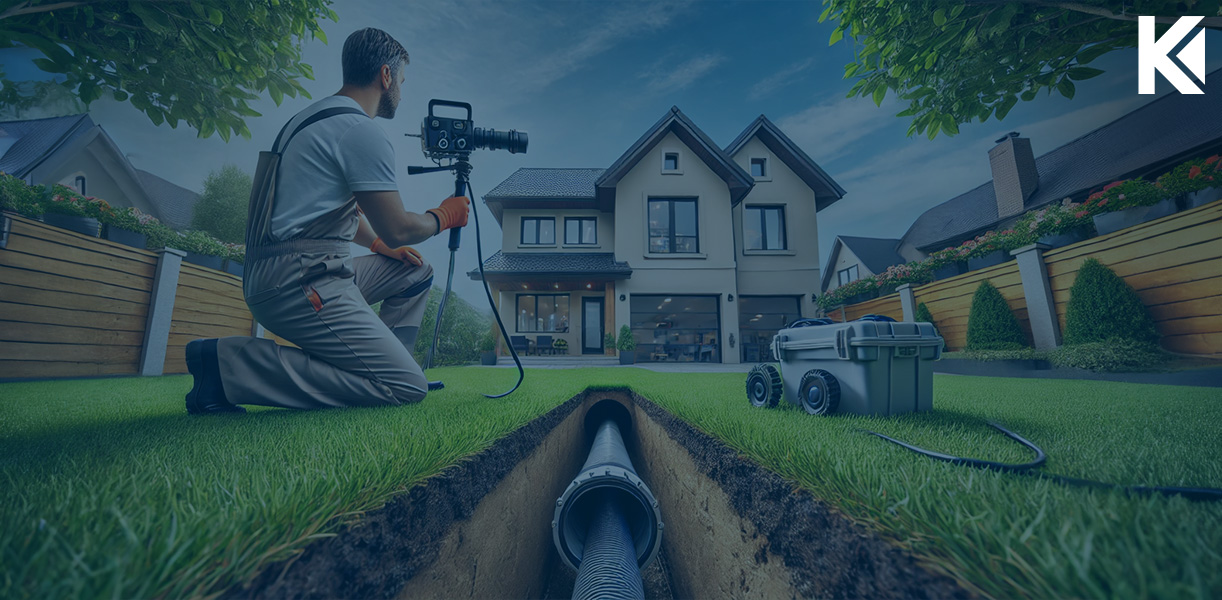When buying a home, the sewer system might not be the first thing on your mind, but it’s an essential part of your new property. Overlooking this critical aspect can lead to costly repairs and unexpected surprises down the road. This guide outlines what you need to know about the sewer system before purchasing a home, helping you avoid potential pitfalls and ensuring a smooth buying experience.
Understanding Sewer Systems
Homes typically have one of two types of sewer systems:
- Municipal Sewer Systems: These connect to a city’s sewage infrastructure and are maintained by the local government. Homeowners pay sewer fees as part of their utility bills.
- Private Septic Systems: These are self-contained systems located on the property, requiring regular maintenance and inspections.
Knowing which system the property uses is essential, as it impacts maintenance responsibilities, costs, and potential repairs.
Common Sewer Issues in Homes
Before finalizing your purchase, be aware of these common sewer-related problems:
- Tree Root Intrusions: Roots can infiltrate sewer lines, causing blockages and leaks.
- Aging Pipes: Older homes may have pipes made of outdated materials like clay or cast iron, prone to cracking or collapse.
- Clogs and Blockages: Accumulated debris or improper flushing can lead to blockages that require professional attention.
- Septic System Failures: Neglected septic systems may overflow or leak, posing environmental and health risks.
Steps to Evaluate the Sewer System
- Ask About Maintenance History: Request records of past maintenance, repairs, or inspections related to the sewer system.
- Schedule a Sewer Inspection: Hire a professional to perform a camera inspection of the sewer lines to identify any hidden issues.
- Understand Local Regulations: Check with the local municipality for sewer system requirements or mandatory inspections.
- Factor in Repair Costs: Budget for potential repairs or upgrades, especially in older homes.
- Inspect the Septic System: For homes with septic systems, ensure it’s been recently pumped and inspected by a licensed professional.
Protecting Your Investment
To avoid unexpected expenses and complications:
- Purchase a Sewer Line Warranty: Some insurance providers offer policies that cover sewer line repairs or replacements.
- Negotiate Repairs: If the inspection uncovers issues, negotiate with the seller to address them before closing.
- Stay Proactive: Regular maintenance, such as clearing drains and pumping septic tanks, can extend the life of your system.
Conclusion
Understanding a home’s sewer system is a crucial yet often overlooked part of the buying process. By asking the right questions, scheduling professional inspections, and budgeting for potential repairs, you can make an informed decision and protect your investment. A little diligence now can save you significant costs and headaches later, ensuring your new home is as worry-free as possible.






